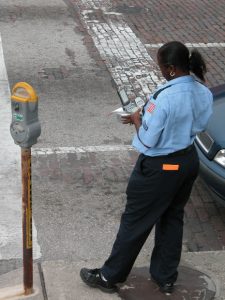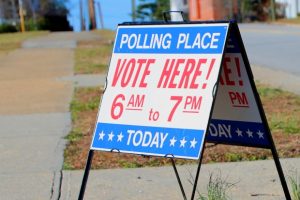Local Leaders Ask Feds to Ease Marijuana Banking Rules
Leaders in California and Massachusetts are asking the federal government to ease up on rules that keep banks from doing business with those in the marijuana industry.
Specifically, California’s state Treasurer John Chiang formulated a group of 16 bankers, marijuana industry leaders and elected officials to define the problem as it relates to banking and work on hammering out some type of solution. Meanwhile, U.S. Senator Elizabeth Warren (D-MA) penned a correspondence with the Financial Crimes Enforcement Network, asking for rules and guidance for banks and dealing with cannabis businesses.
The majority of banks, financial institutions and credit unions won’t work with the cannabis industry – even those who work in businesses that are ancillary to the industry, such as product testers or product suppliers. Growers and distributors function almost entirely on cash-based models. Meanwhile, California’s first recreational marijuana businesses are slated to open sometime in 2018, per the recently-approved Proposition 64, which legalized marijuana use for and distribution to adults over the age of 21. The state now has one year to work out some kind of banking services model that is going to be workable in the legal framework. The big issue, of course, is the federal law that outlaws marijuana for any purpose. It doesn’t appear federal officials are likely to budge on this issue anytime soon, as the U.S. Drug Enforcement Administration has steadfastly refused to reclassify marijuana from its Schedule I status – maintaining it in the same danger class as heroin. Continue reading
 Cannabis Law Group's Medical Marijuana Legal Blog
Cannabis Law Group's Medical Marijuana Legal Blog













